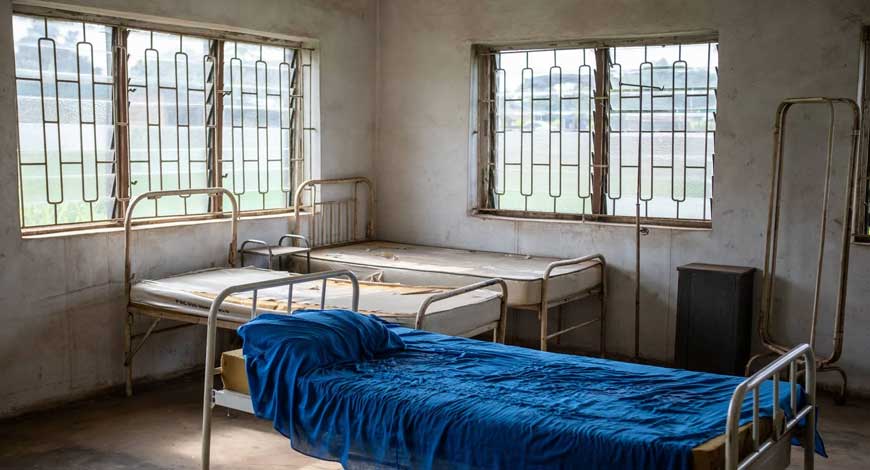Headlines of The Day
Healthcare under Modi, as described in World Report fares poorly, Lancet

Healthcare under Modi has fared poorly, as described in this week’s World Report. Overall, government spending on health has fallen and now hovers around an abysmal 1·2% of gross domestic product, out-of-pocket expenditure on healthcare remains extremely high, and flagship initiatives on primary healthcare and universal health coverage have so far failed to deliver services to people most in need. Persistent inequity in both access to and quality of healthcare are well recognised. But a major obstacle that India also faces, which many Indians might be unaware of, relates to health data and a lack of data transparency.
Accurate and up-to-date data are essential for health policy, planning, and management, but the collection and publication of such data in India have undergone serious setbacks and impediments. The 2021 census was delayed due to the Covid-19 pandemic, and for the first time in 150 years, a whole decade has gone by with no official comprehensive data on India or its people. A promise that the next census will be an electronic survey carried out in 2024 is yet to be fulfilled. The census is also the basis for all national and state-level health surveys. For example, the periodic measurement of morbidity and out-of-pocket expenditure by the National Sample Survey Organization is overdue, and there are no plans to conduct it. No reasons have been given for why the Sample Registration System survey report for 2021, which is India’s most reliable source of data on births and deaths, is delayed, or for why completed poverty surveys are not in the public domain. Alarmingly, the Director of the Institution for Population Sciences, K S James, who led the National Family Health Survey—one of India’s most robust data sources—has been forced to resign. The Health Ministry has said that the reason was irregularities in recruitment; however, media reports have linked his dismissal to the survey finding results that were unfavourable to the Government.
Another contentious issue is the lack of credibility of India’s continuing claim that only 0·48 million people died as a result of the Covid-19 pandemic, whereas WHO and other estimates are six to eight times larger (including excess deaths, most of which will be due to Covid-19). The unpublished 2021 Civil Registration report would help to either confirm or refute the Government’s estimate. Publication of results from the latest Sample Registration System survey and the Million Death Study could address the major questions around changes in mortality during 2020–21. It would also provide updated evidence on potentially good news, such as ongoing declines in cancer, suicide, and child mortality. Sadly, these studies are likely to be released only after the elections, if at all. Why is the Government so afraid of showing the real state of health? And more importantly, how does the Government intend to measure progress when there are no data?
Without access to recent and reliable data, democratic choices are impoverished. The Government’s key policy is Viksit Bharat 2047—a plan to make India a developed nation by 2047, 100 years after independence. Success in achieving this vision—should the Government gain a third term—will be driven by people and services, not manufacturing. India must therefore focus attention and investment on health and education. And this can only be done with far more robust and open data. It is in everyone’s interest and should not be politicised. India has a rich mathematical and scientific history, from helping to establish the concept of zero 1500 years ago, to transformative developments in the production of medicines and vaccines today. It would be appropriate for India to aspire to lead with data and be unafraid of its uses. The systematic attempt to obscure through the lack of data, means that the Indian people are not being fully informed. The Lancet












